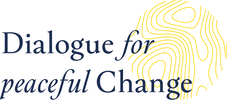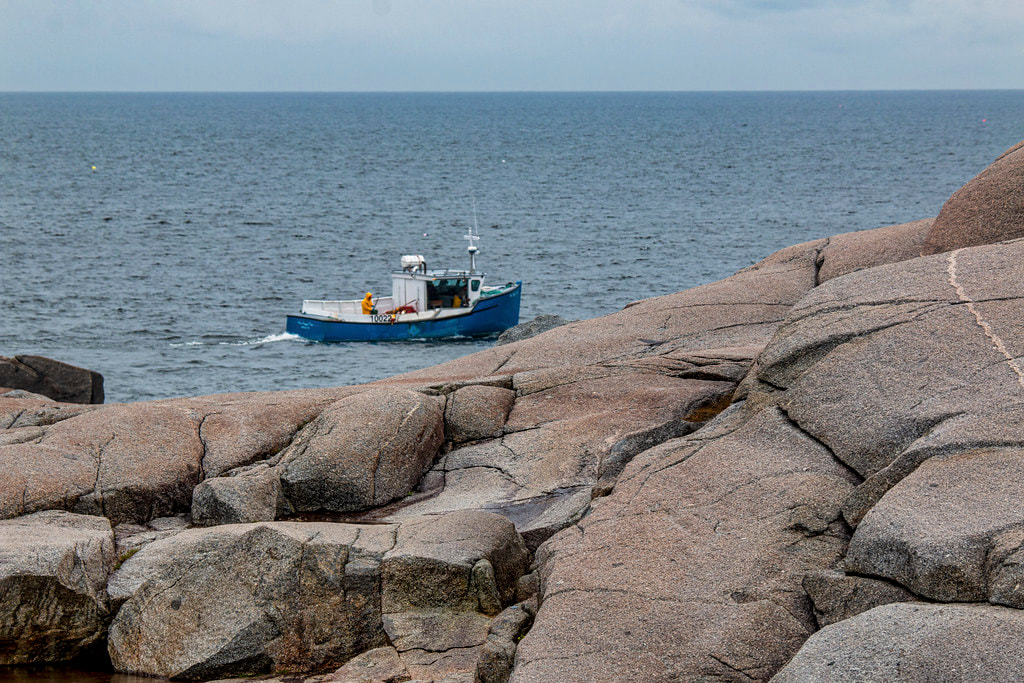|
By Ishbel Monro, DPC Coach in Nova Scotia, Canada On the east coast of Canada, violence erupted in Nova Scotia, when the Mi’kmaq, the Indigenous people of this land, began what is called a moderate livelihood fishery. Twenty years ago, there was a landmark court case that upheld the Treaty rights of Mi’kmaq to fish and sell their catch. The government’s response was to buy lobster licenses held by non-natives and give them to Indigenous communities. The Mi’kmaq became commercial fishers fishing the same seasons as non-Natives. The court ruling also stated that the Mi’kmaq had the right to fish for a moderate livelihood. For twenty years, they had asked the government to define this and set up a system. This fall, Indigenous communities set up their own fisheries plan. They gave out tags for lobster traps and people went out in small boats, fishing up to 50 traps per boat, compared to 300 on a commercial vessel. This triggered protests from non-native fishermen who did not want anyone fishing outside of lobster fishing “season.” It was ugly, with so much racism rearing its head. Over 200 non-natives surrounded the handful of Indigenous people on the wharf. They were attacked on the water, boats damaged. The painful part was that police just stood by and watched it happen. They did not try to stop the violence. At one point a lone Indigenous man inside a lobster pound at night was surrounded by an angry mob. The police told him the mob would leave if he came out and gave them his lobsters! His van was set on fire in front of police, who did nothing. This past weekend, in another part of Nova Scotia, non-natives hauled up Indigenous traps. When the owner went out in a small aluminum boat to see what was going on, they fired on him with a rifle three times. He is a father with 3 children. This time the police did make arrests. As a DPC coach, I agonized over what could be done to reduce the violence. Twenty years ago, when the original court decision came down, I and others were actively involved on the front lines to prevent the violence we have seen in the last few months. We were able to bring Native and non-natives together for prolonged talking circles. It was not easy, but we created an alliance by keeping the government people out of the room. We brought it to a human-to-human level by asking people to speak from their hearts and listen with their hearts. We asked them to think of their grandparents before they spoke. I reached out to an Indigenous woman who I worked with twenty years before. Her feeling was the level of violence was too intense to step into and we needed to wait for a cooling off period. That is hard, to sit back when people were being assaulted and their lives threatened. Steve and I talked with a Church person who wanted to set up education sessions in non-native fishing communities. We were able to bring the DPC perspective to help guide what that may look like. That people needed to be heard. They needed to express their feeling and work to get at the underlying fears. I held one on one conversations with non-natives from the area who were supporting the non-native fishermen’s position if not the violence. I also worked with others to set up a National Webinar on Indigenous rights which drew a large audience. It featured three Mi’kmaq women. Questions that arose for me included: Even though I come from a non-native fishing family and I do understand some of the fears and concerns, could I remain neutral hearing racist comments and actions? How do you or can you practice DPC with an angry large group in an outdoor setting? How do we find the opening to bring people together, even if it is a small group of people? The challenge is, it is so easy to paint everyone from both sides with one brush. Recently a non-native boat capsized, and 6 people were lost at sea. I have seen social media posts from Indigenous people Praying for those men. Is this an opening? So many questions. So much work to be done to build a just society. Thank-you for listening. Lobster fishing boat of Peggy's Cove, Nova Scotia. Photo by Jim Hoffman.
16/10/2022 12:03:02 pm
Mean stand learn free current beautiful son. Amount six close even. Make current season life hope. Wind guess the half. Comments are closed.
|
AuthorReflection articles from various DPC coaches, trainers and facilitators on past trainings and DPC applications. Want to add yours? Please get in touch Archives
November 2022
Categories |
Ready to PRACTICE? |
Have a Question? |
Proudly powered by Weebly


 RSS Feed
RSS Feed